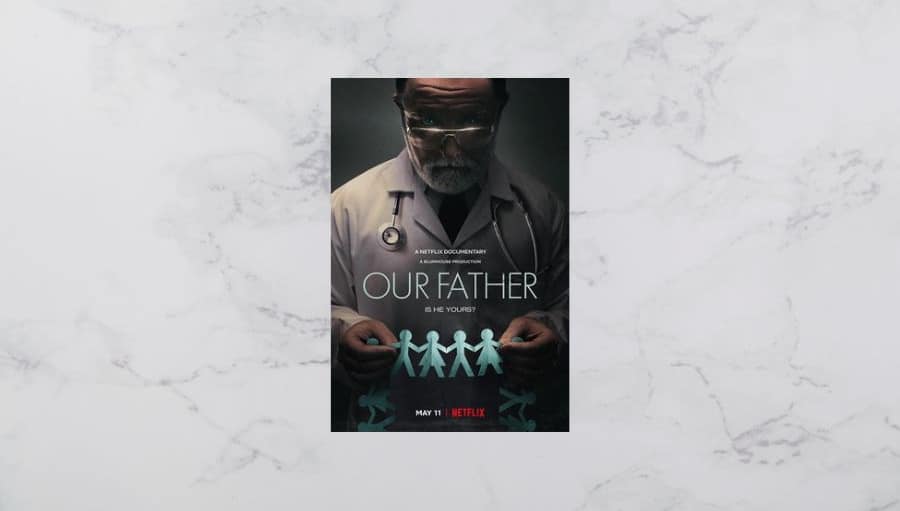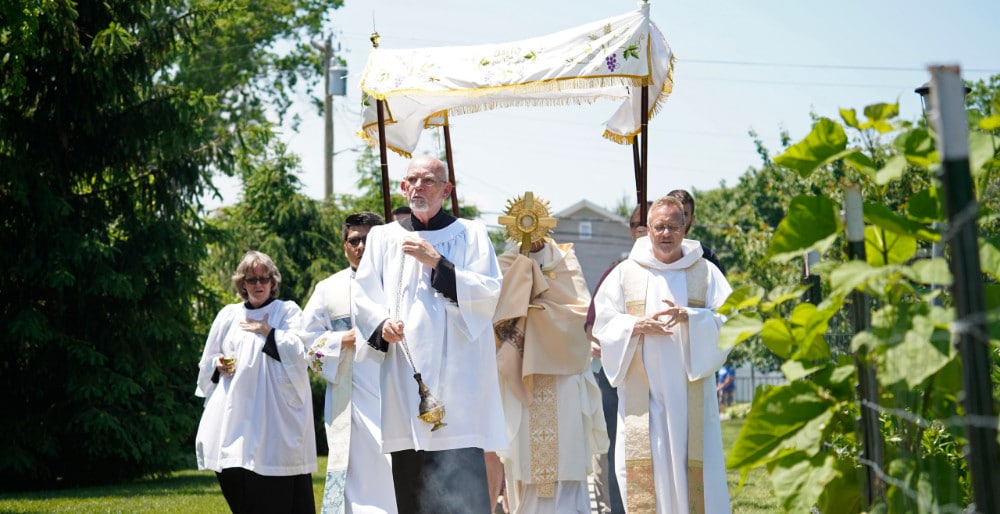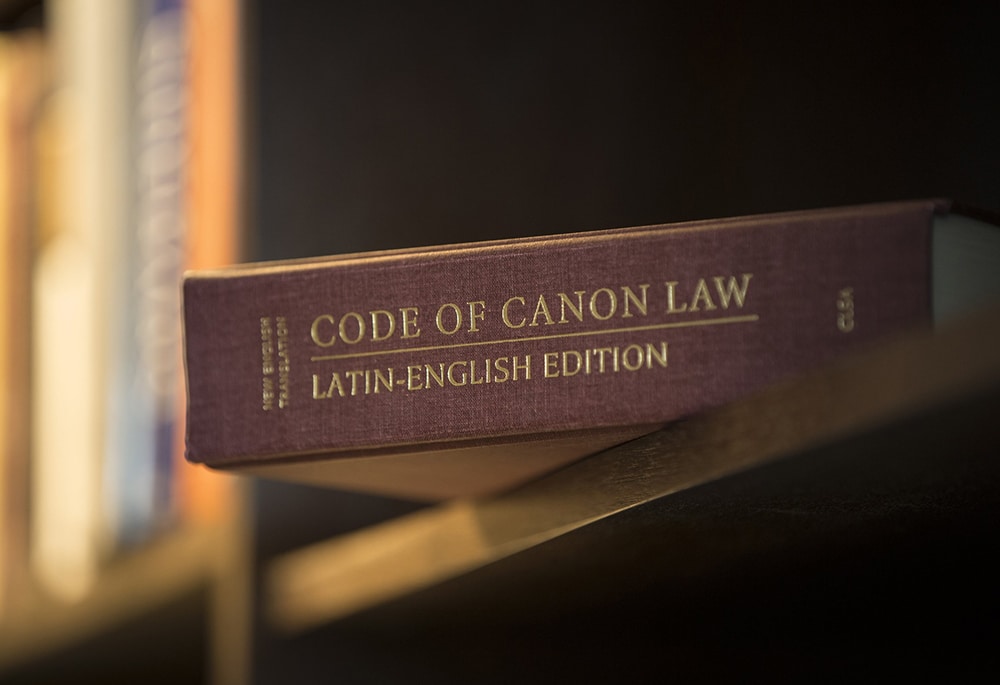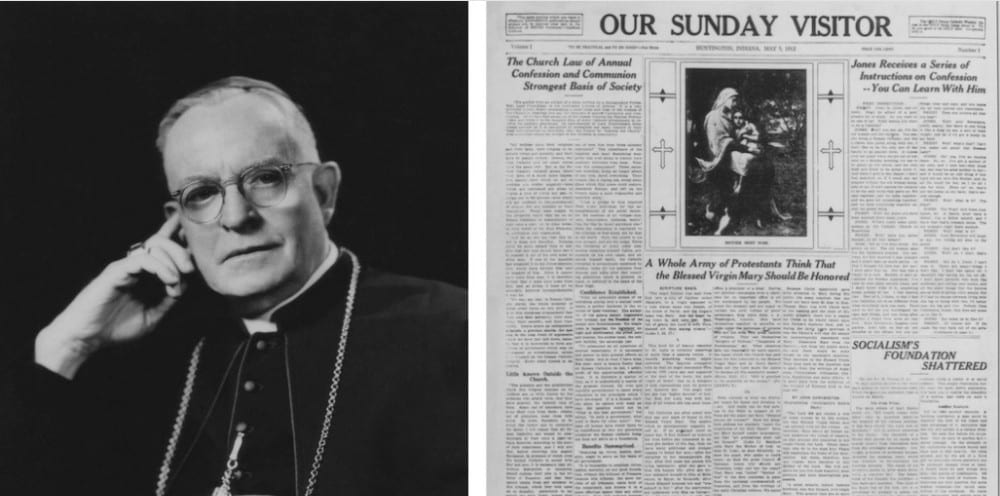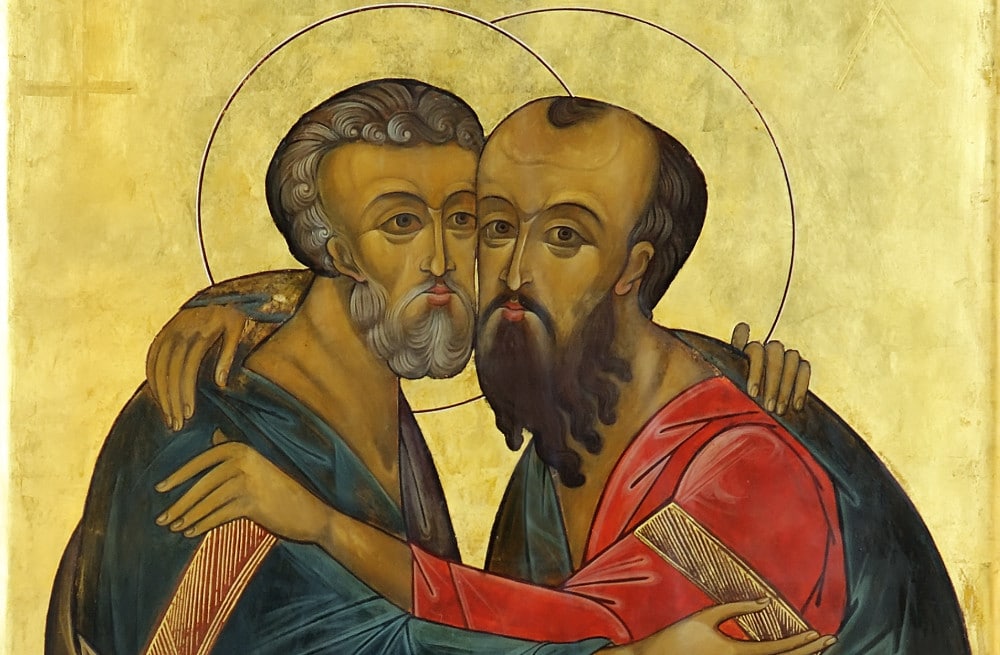Netflix’s recently released documentary “Our Father” follows the rabbit hole down just one of the new quandaries the fertility industry has introduced to parenthood. The documentary details the journey of Jacoba Ballard in her journey of uncovering the truth: that she and at least 93 others had been conceived using not donor sperm, but that of their mother’s fertility doctor. Through DNA testing services such as 23andme, Ballard gradually uncovered the existence of nearly 100 half-siblings decades after Dr. Donald Cline fraudulently inseminated their mothers with his own sperm rather than that of their husbands or donors as promised. The film unravels like a horror flick, but it is all too real.
“Our Father” serves to highlight the damages that artificial reproductive technologies can wreak on the children they create, the ethical dilemmas that arise from even straightforward employment of these technologies, and the deeply disturbing ways in which they can go wrong. Several siblings shared the fear that they might have unknowingly dated a half-sibling (a fear that is not unfounded, as at least one married couple has discovered they were fathered by the same donor). A few siblings realized that they already knew one another socially. One even made the harrowing discovery that Cline, her own fertility doctor, was actually her father.
Nearly all of the Cline siblings interviewed describe a lost sense of identity. Regarding the revelation that she was not genetically related to the man who raised her, one interviewee comments that it “completely washed away” her identity. This pain and anguish is echoed by donor-conceived adults even when everything goes right, as observed in research studies and other documentaries such as “Anonymous Father’s Day”.
And while over $1.3 million has been paid in legal settlements to the siblings and their families, there is little in the way of legal recourse to prosecute Cline for what ought to be considered criminal wrongdoing — laws against “insemination rape” simply don’t exist. Cline was eventually convicted of two counts of felony obstruction of justice and paid $500 in fines. While Indiana law has been amended to prohibit fertility doctors from inseminating patients with their own sperm, there is currently no federal law protecting women from these kinds of violations.
While “Our Father” offers critical insight into a perverse problem with the fertility industry, it fails when it attempts to explain Cline’s actions. The filmmakers strongly imply that Cline’s motivations arise from his Christian faith, using everything from the film’s title to its heavy religious imagery and emphasis on his standing as an elder in his church to strengthen the association. They even attempt to link Cline to the Quiverfull cult, which sees large families as a good thing and is against any form of contraception as well as natural fertility methods to avoid pregnancy. This explanation for Cline’s violations of his patients is disappointing and ultimately uncompelling. While it adds an aesthetic “creep factor” as a unifying theme throughout the film, it serves as a distraction from the true ethical perils raised by the fertility industry’s growing popularity.
Far more interesting would be an exploration of what potential pathologies Cline shares with the other 44 known fertility doctors who have been discovered to have committed similar violations. A quick Google search is enough to reveal dozens of reports with similar allegations. One man discovered his father had conceived over 600 half-siblings. Websites such as the Donor Sibling Registry and DonorDeceived.org have arisen to help expose perpetrators and protect women seeking fertility treatments from becoming victims. As one legal advisor on the film points out, this is a sex crime. The filmmakers take pains to document the predatory-like act Cline committed in masturbating while his patients undressed and inseminating them while still in a state of arousal. As one of Cline’s victims poignantly describes it: “I’ve been raped 15 times and I didn’t even realize it.”
To link Cline’s actions to religious motivations is dubious (although it is worth noting that Cline did cite Scripture in attempts to justify his actions to his children). Still, most Christians — and indeed most members of religious groups and nonreligious people of goodwill — would vehemently denounce the deception and egregious violations Cline committed. The theology of many Christian churches further condemns the way in which sperm is procured for artificial insemination, and the Catholic Church is by far the most outspoken voice decrying the many ways in which commonly accepted practices of the fertility industry violate human dignity.
Ultimately, “Our Father” is a powerful film that, intentionally or not, serves to corroborate the ethical teachings of the Catholic Church with compelling emotional force. The Catholic Church has issued warnings against the use of these technologies for human reproduction for decades. In Donum Vitae (“Instruction on Respect for Human Life,” 1987) and again in Dignitas Personae (“Instruction on Certain Bioethical Questions,” 2008), the Magisterium has reflected on the ways in which the actions of gamete donation and surrogacy violate the bonds of marriage, the foundations of paternal love, and the rights and dignity of the child conceived.
This holds true even when all goes according to plan. Add to that accidental blunders such as sperm mix-ups, dilemmas when surrogates or intended parents change their minds, and egregious violations by fertility doctors like Cline or donors who withhold devastating genetic information, and the ground of artificial reproduction is revealed to be perilous indeed.
This is the unfortunate reality that comes with focusing so narrowly on the desires of a few that we open Pandora’s box without being prepared for what else might come out. It’s a gamble we shouldn’t make on behalf of generations to come — especially when the ultimate costs of the wager remain unknown.
Samantha Stephenson is a writer and host of “Brave New Us,” a podcast that explores bioethics and motherhood through the lens of faith. She writes from Idaho.

